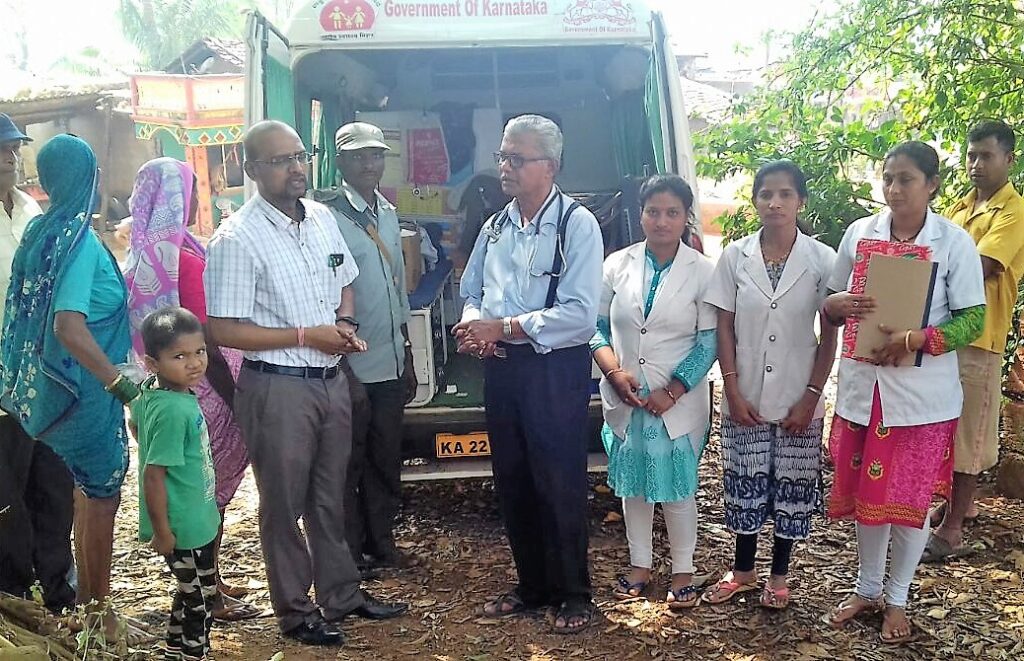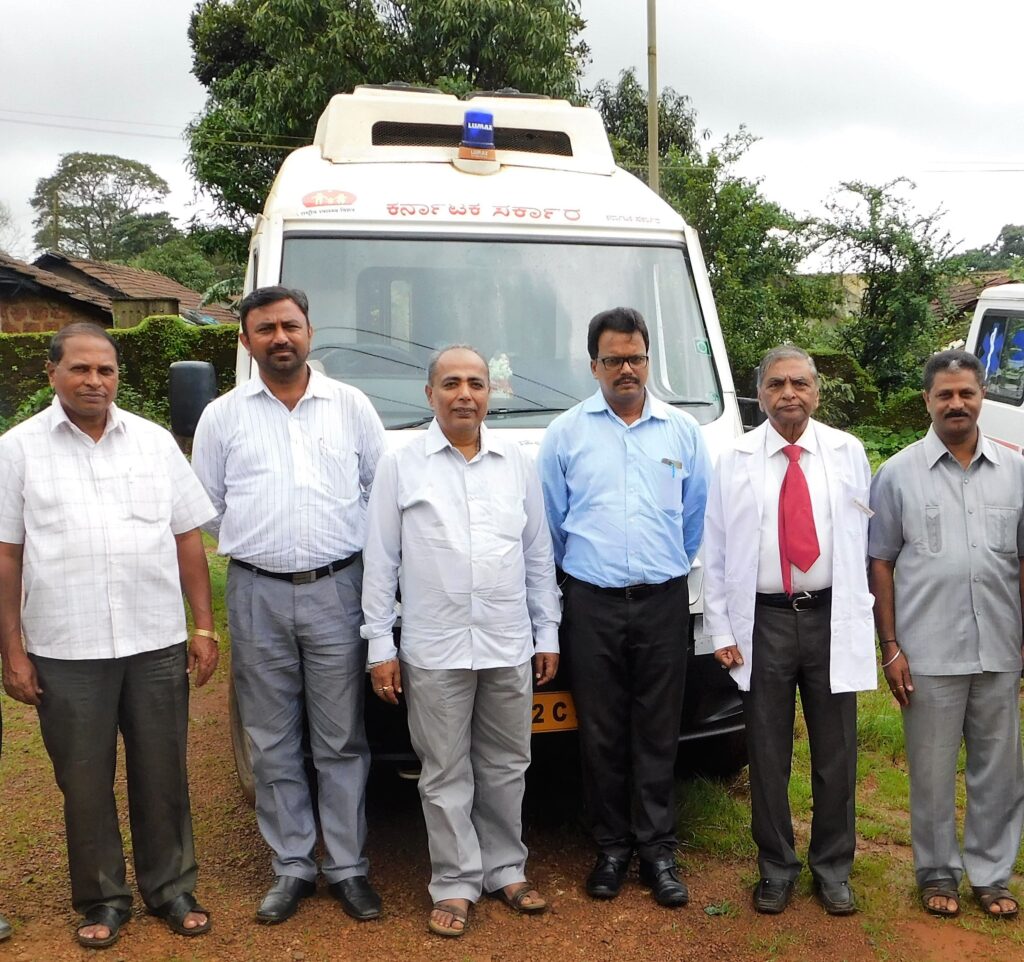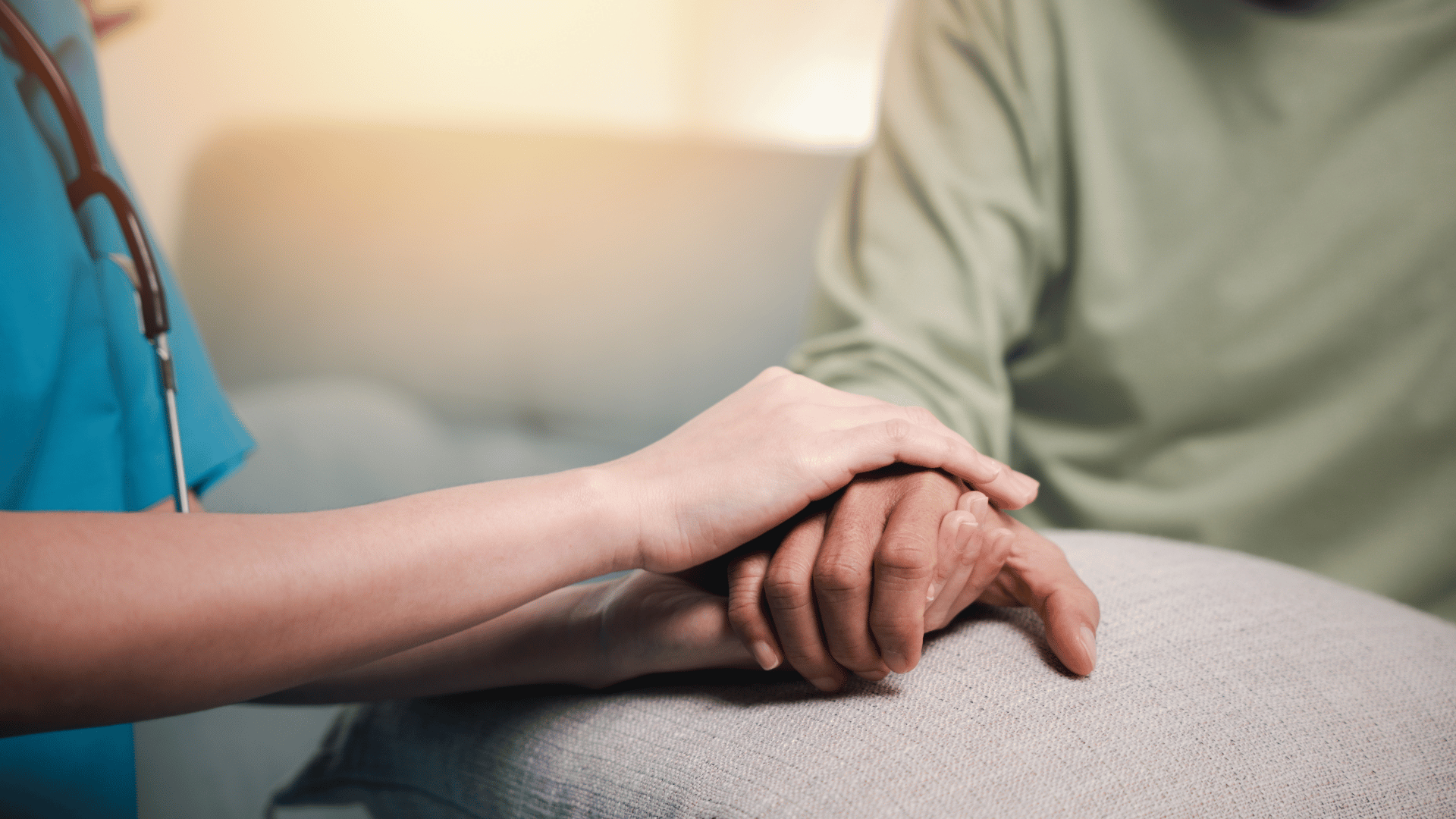COMMUNITY HEALTH
Nationwide Lockdown and Its Impact
The government is dedicated to providing affordable, accessible, and high-quality healthcare services to all citizens, particularly vulnerable and marginalized populations in rural areas. However, disparities in healthcare access persist, especially for communities in remote villages, those in hard-to-reach regions, and areas predominantly inhabited by Scheduled Castes, Scheduled Tribes, the homeless, and individuals living below the poverty line. These groups often face barriers to basic healthcare services due to lack of availability or high out-of-pocket expenses.

Challenges in Healthcare Access for Marginalized Communities
Several factors contribute to the healthcare challenges faced by marginalized communities:
- Geographical Barriers: Many villages are located in hilly or hard-to-reach regions, making access to healthcare difficult.
- Uneven Distribution of Health Facilities: Primary Health Centres (PHCs) and Community Health Centres (CHCs) in rural areas are often under-resourced, lacking doctors and essential paramedical staff.
Dependence on Private Providers: Due to the inadequate public healthcare system, many are forced to seek care from private providers, leading to financial hardship.
Project Overview
To address these healthcare gaps, Mobile Medical Units (MMUs) have been introduced to deliver preventive, promotive, and curative healthcare services directly to underserved populations. In partnership with the United Social Welfare Association of Belgaum, SEVAK has initiated six MMUs operating across 68 remote villages in Belagavi, Khanapur, Hukkeri, Raibag, Ramadurga, and Gokak blocks of Belagavi district.
These MMUs are equipped with trained personnel, medical equipment, medications, and diagnostic services to provide over six hours of healthcare services daily in designated villages on scheduled days.
Key Objectives
The goals of SEVAK’s Mobile Medical Units are:
- Minimize out-of-pocket healthcare expenses for target populations.
- Ensure reliable healthcare services are available for 3-4 hours on specific days in designated locations.
- Deliver high-quality primary healthcare services, including referral options, in alignment with the National Health Mission (NHM) and Government of Karnataka objectives.
- Reduce infant, maternal, and child mortality rates (IMR, MMR, CMR) and combat communicable diseases like malaria, tuberculosis (T.B), AIDS, and pneumonia.
- Provide essential healthcare services for chronic conditions such as Diabetes Mellitus, Hypertension, Asthma, Chronic Arthritis, and Acid Peptic Disease.
- Conduct basic laboratory tests, including urine tests for albumin and sugar, pregnancy tests, blood sugar level checks, and hemoglobin assessments.
- Raise awareness about communicable and non-communicable diseases through information, education, and communication (IEC) initiatives.
Healthcare Services Provided by Mobile Health Clinics
SEVAK’s Mobile Health Clinics offer a range of essential services to underserved rural communities, including:
- Biomedical Waste Management: Ensuring proper collection, storage, and disposal of medical waste.
- Primary Healthcare Services: Preventive, curative, and promotive care for common and chronic conditions such as hypertension, diabetes, bronchial asthma, epilepsy, and arthritis.
- First Aid and Laboratory Tests: Routine lab tests like blood sugar checks, urine tests for pregnancy, malaria smear tests, HIV testing, and sputum tests for tuberculosis.
- Referral Services: Directing patients to advanced medical care facilities.
- Family Planning Services: Offering family planning advice and support.
- Antenatal and Postnatal Care: Providing care for pregnant women and new mothers, including HIV testing and vaccinations.
- Counseling Services: Special focus on HIV/AIDS counseling.
- National Health Programs: Implementation of various national health initiatives.
- Health Education and Environmental Sanitation: Promoting community awareness and sanitation practices.

Health Promotion and Education
The MMUs also focus on raising awareness and educating communities about health through extensive information, education, and communication (IEC) activities. These initiatives aim to improve health outcomes and education within underserved rural populations.

